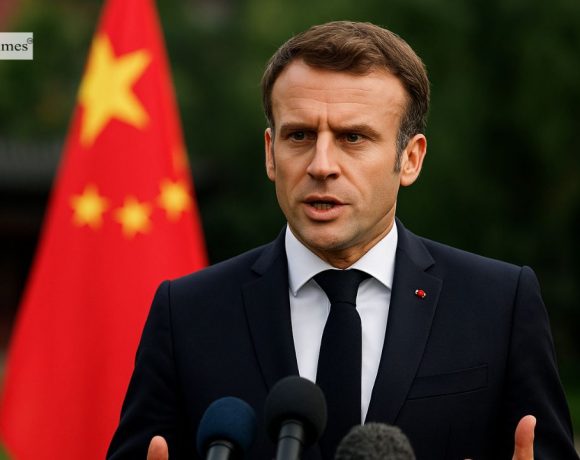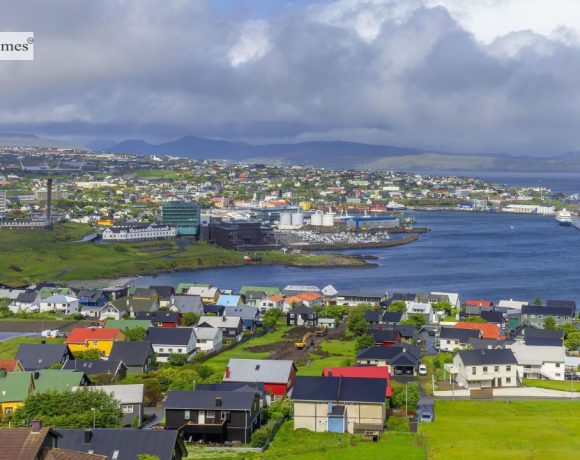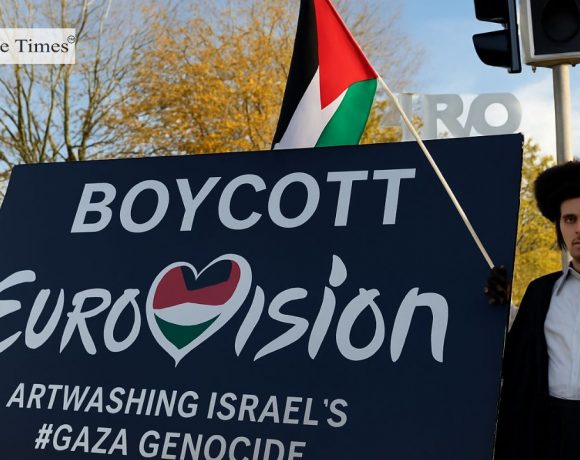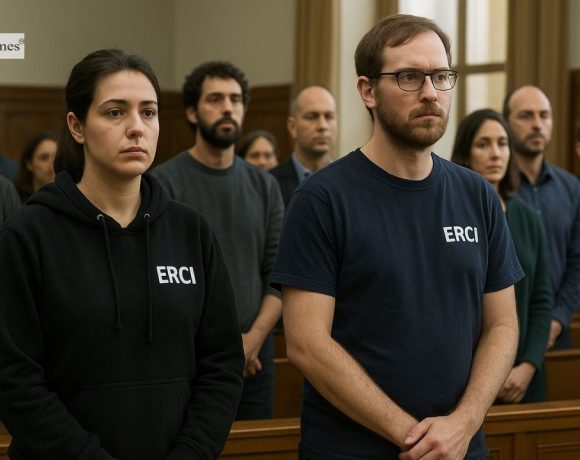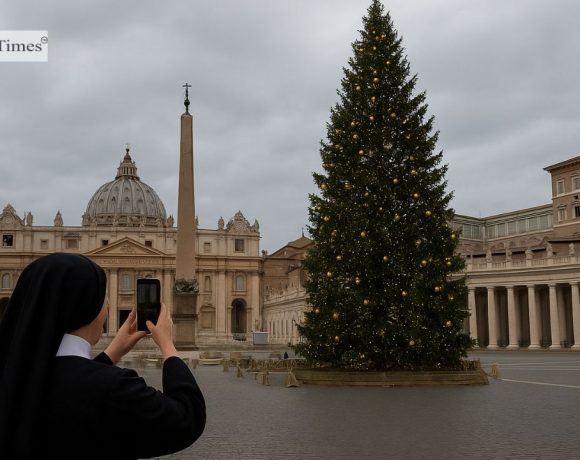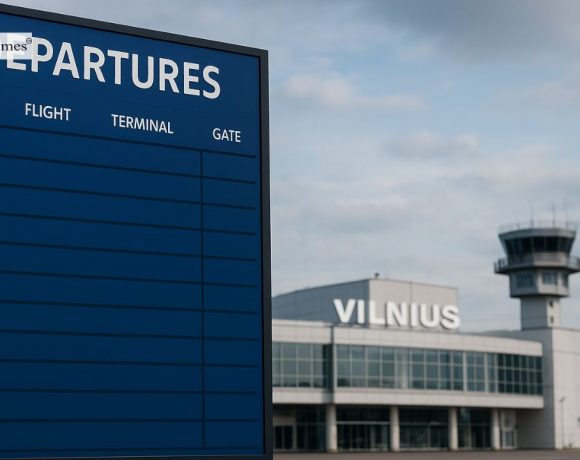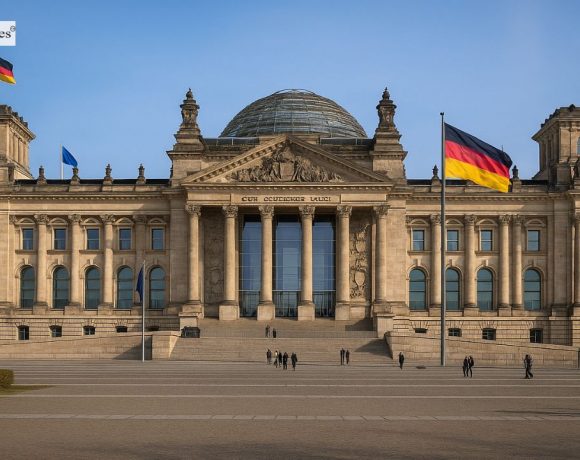
German Chancellor Friedrich Merz secured an absolute majority in parliament on Friday for his controversial pensions bill, overcoming resistance from younger members of his own conservative bloc. The draft, which guarantees current pension levels until 2031, passed with 319 votes, indicating it likely succeeded without the support of opposition parties.
The vote came after days of turbulence within Merz’s Christian Democratic Union/Christian Social Union (CDU/CSU) alliance. A youth faction inside the party had threatened to vote against the bill, arguing that it preserves an unsustainable system and places an unfair financial burden on future generations.
The dispute underscored growing questions about Merz’s control over his party and the stability of the coalition government, which includes conservatives and the center-left Social Democrats. Analysts say the internal tensions and reliance on a slim parliamentary majority point to challenges ahead for implementing reforms aimed at reviving Germany’s struggling economy and strengthening its neglected military sector.
Across Europe, pensions and generational fairness are emerging as hot political issues as aging populations strain budgets. Although Merz ultimately avoided the embarrassment of needing opposition support—despite a surprising offer from the Left Party to abstain—the infighting has deepened doubts about his ability to steer major legislation in the future.
Pic courtesy: google/ images are subject to copyright

